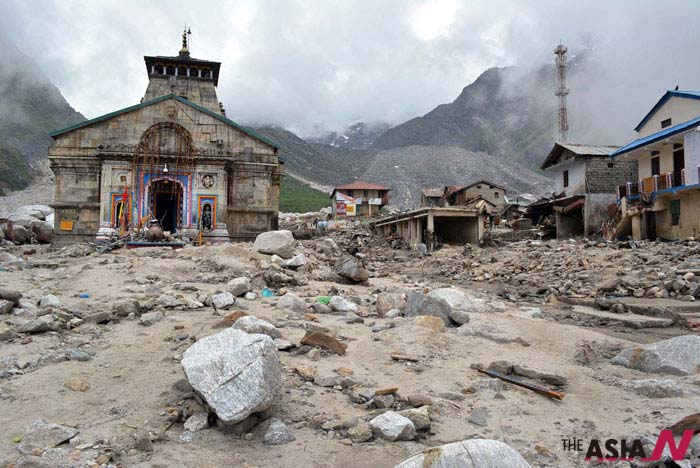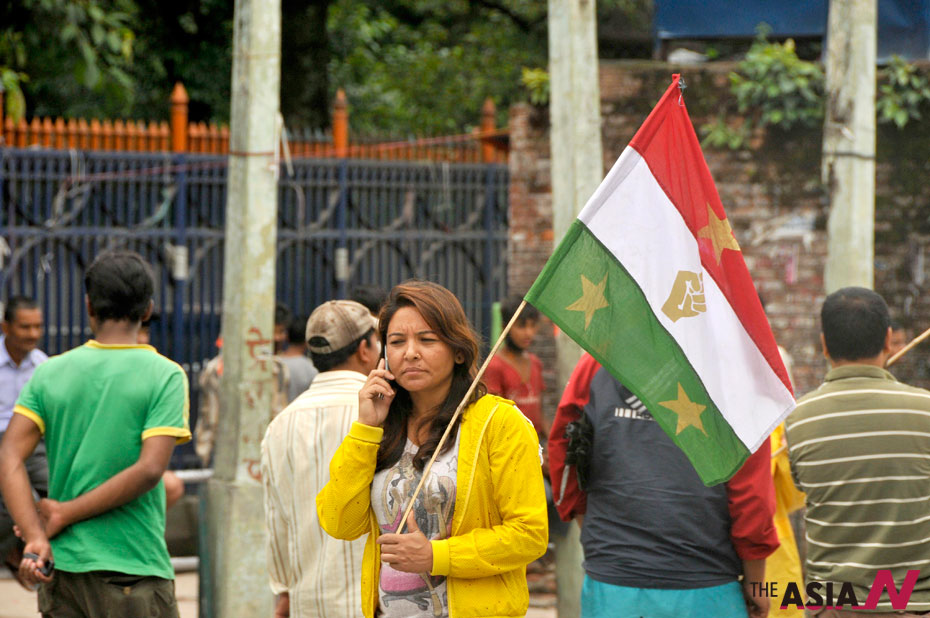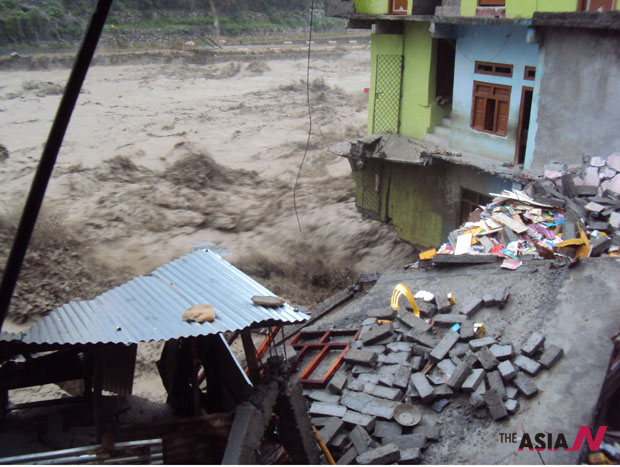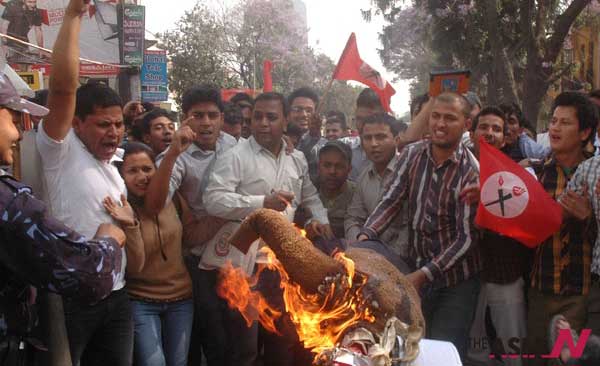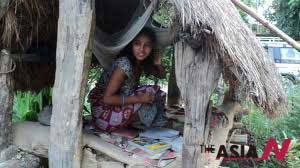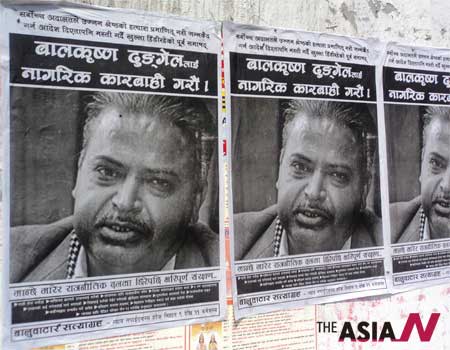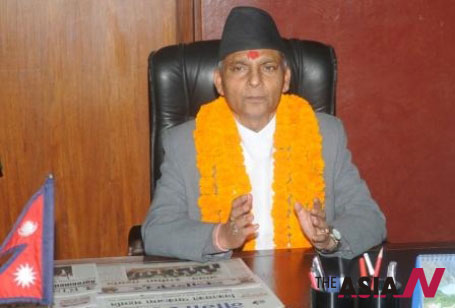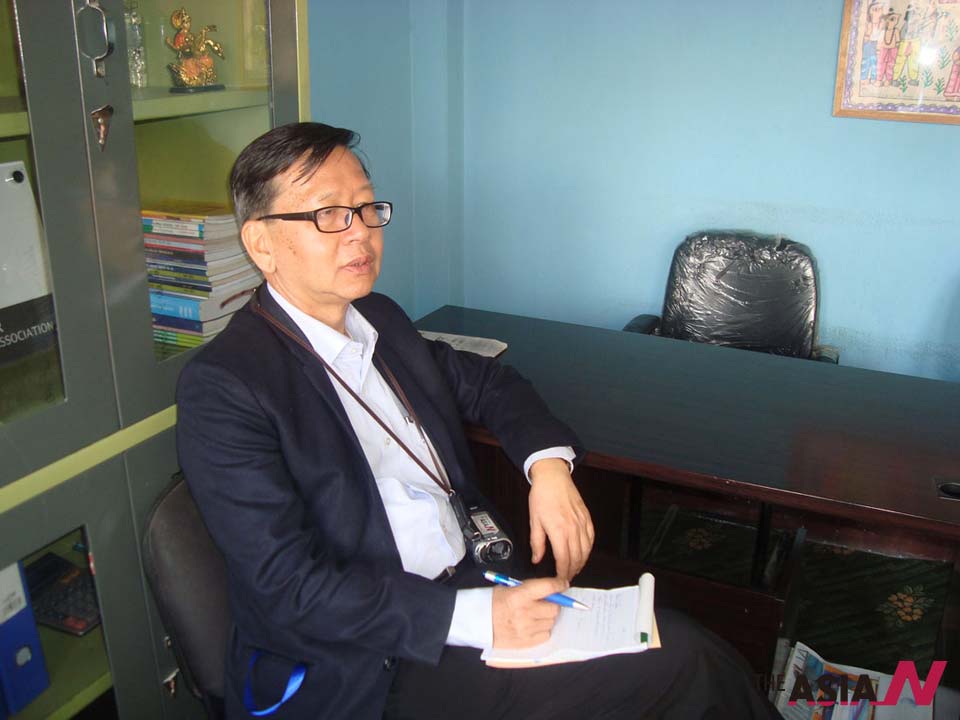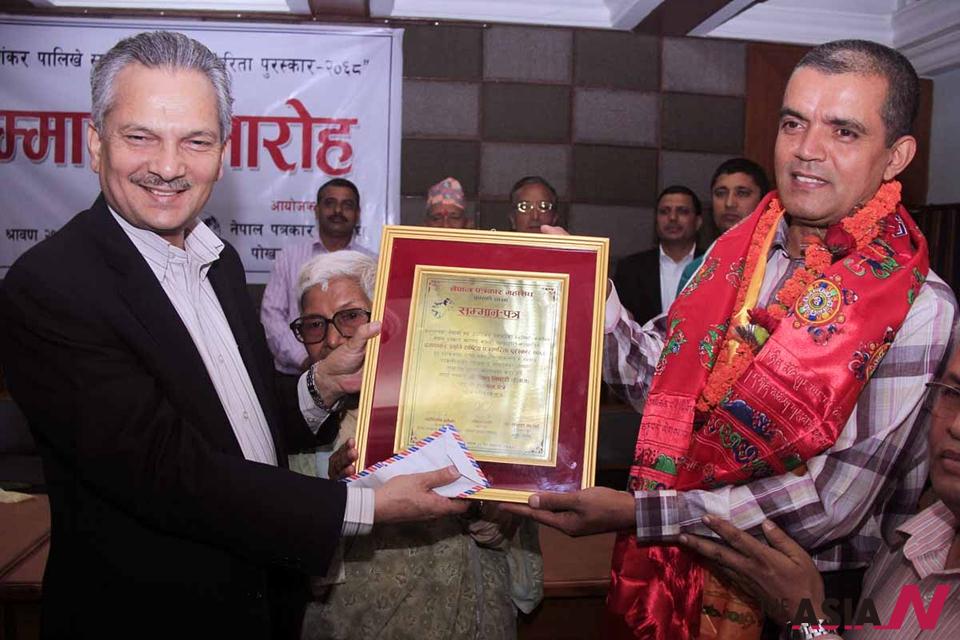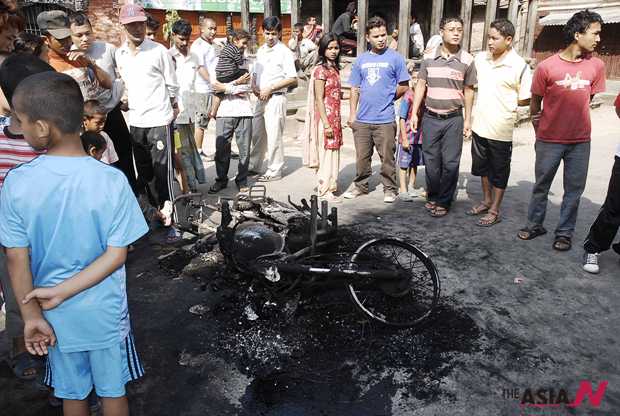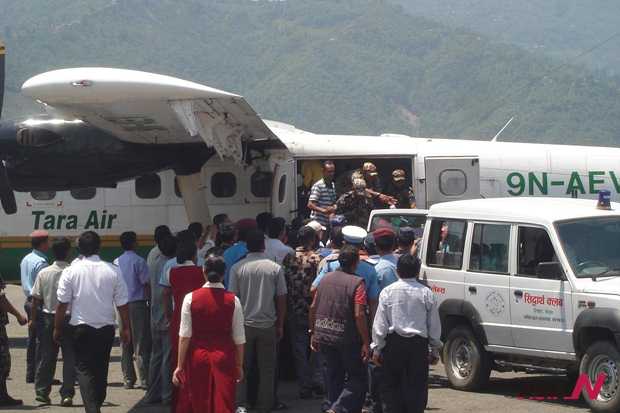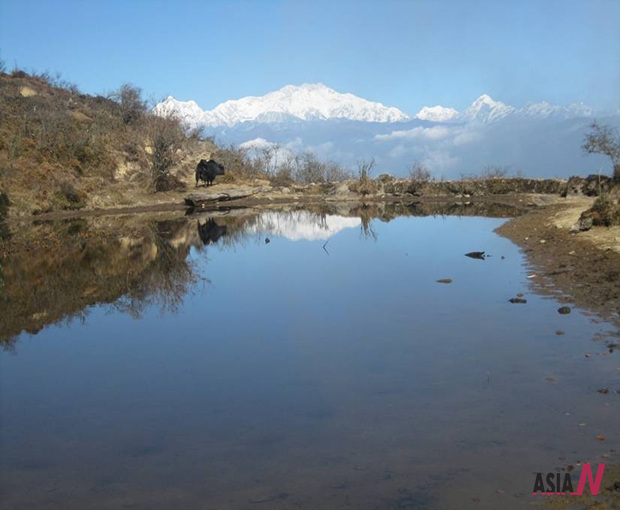
Nepal’s parties agree to form election government led by Chief Justice
Kathmandu – Nepal’s key four political parties, which were divided following the dissolution of the Constituent Assembly in May last year, have succeeded to make a significant breakthrough by agreeing to form an election government led by sitting Chief Justice of the Supreme Court.
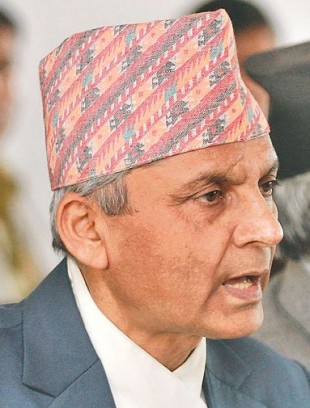
Holding several rounds of meeting over weeks in the presence of President Dr. Ram Baran Yadav, two ruling coalition parties—United Communist Party of Nepal-Maoist (UCPN-Maoist) and the United Madhesi Democratic Front (UDMF), a front of the regional parties from southern belt of the country, and two opposition parties—Nepali Congress (NC) and Communist party of Nepal-United Marxist and Leninist (CPN-UML) Monday agreed to replace the present government led by Maoist leader Dr. Baburam Bhattarai with an Interim Council of Minister led by Chief Justice Khilraj Regmi.
The parties also agreed to hold elections to the new Constituent Assembly by mid-June this year.
Earlier, the first ever Constituent Assembly elected in 2008 initially for two years term failed to draft the new constitution of Federal Republic Nepal in four years although it abolished the monarchical system from this tiny Himalayan country.
The ruling UCPN-Maoist had floated the idea of appointing Chief Justice during its recent convention held in Hetauda, a small industrial town located some 250 km west of Kathmandu.
In the beginning, the opposition parties as well as the ruling UDMF objected to the proposal terming it as a design of the Maoists to capture the state power and appoint of CJ would be against the norms of power separation.
However, later the leadership of all three parties agreed to the proposal despite strong opposition from within the parties.
NC leader and former foreign minister Sujata Koirala, CPN-UML leader and former speaker Subas Nembang were among the influential leaders who opposed the idea of forming an election government under incumbent Chief Justice.
According to some leaders, the leadership of the two parties agreed the proposal as they received pressure from the external forces, including the European Union and India.
Again, the parties had no potion to pull down the present government, which they claimed, was promoting corruption and weakening the constitutional bodies.
According to an agreement reached Monday night, the new government will have only 11 members whereas the present government has almost 50 ministers. All the ministers in the proposed government will be from outside the political parties.
However, it will take time for Regmi to become the executive head as without amending the interim constitution he could not be appointed to the top office.
According to government sources, 19 amendments should be amended to form the government under CJ and hold the new elections. The parties have already initiated the process to this end.



